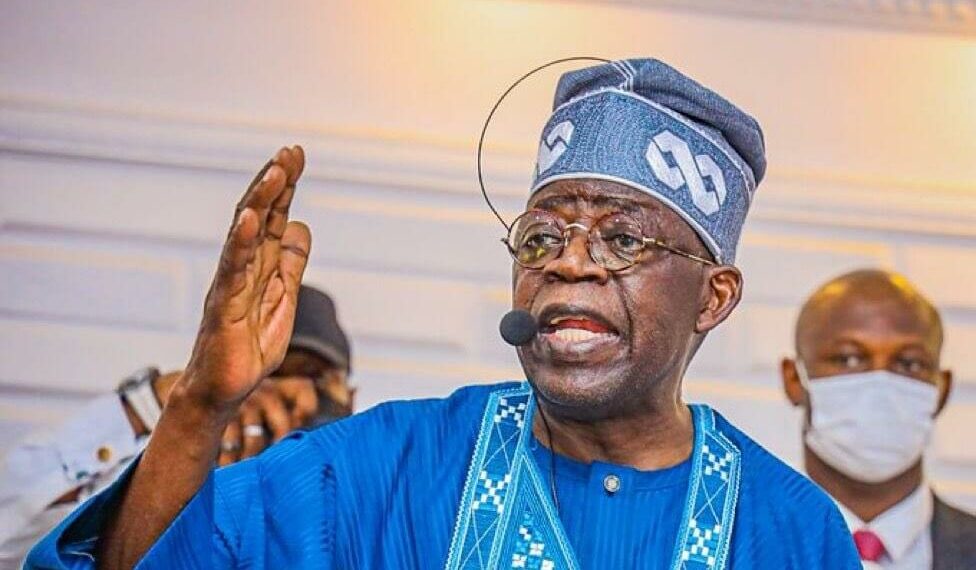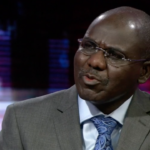The leadership challenge on the African continent tells a story about why the continent has remained behind especially in terms of global development, and especially the fourth and fifth industrial revolutions. A very good indicator of this leadership failure narrative can be gleaned from the Mo Ibrahim Index of African Governance (IIAG) reports that measure governance performance in Africa. In the 2022 report, the 10 best-scoring states in overall governance are, in decreasing order, Mauritius, Seychelles, Tunisia, Cape Verde, Botswana, South Africa, Ghana, Namibia, Senegal, and Morocco. Nigeria occupies the 13th position and is classified under “increasing deterioration.”
There are so many factors that have kept African states and their leadership essentially underperforming. We can talk about the global political economy and the structural dependence it engenders for African countries; neo-patrimonial and rentier cultures that occasion corruption, patronage and the politics of mediocrity; insecurity and lawlessness; the inverted rule of law, constitutional disorder and the impunity of the political class; and low elite nationalism that fails to instigate a sense of unity and progress in the citizens.
In 2007, Lee Iacocca’s bestselling book, Where Have All the Leaders Gone? captures the crucial perplexity about leadership around the world, and specifically in Africa. This generic question reverberates loudly as Nigeria looks for a credible pathway that will take the country into 2023 and beyond. Let me instantiate this generic question into a few substantive ones.
One: Why has governance performance been difficult to achieve for successive Nigerian leaders? This question provides the ground for understanding the broken social contract that ensures that Nigerians are disconnected from the governance dynamics the leadership enacts.
- Naira crisis: Oluwo empowers subjects with cash, food items, machines, others
- BREAKING: CBN has directed banks to dispense old notes – Soludo
The second question concerns Nigeria’s perpetual socioeconomic transitions, since independence. To concede, consecutive governments in Nigeria, from independence to date, have tried within the limits of their development vision to enhance the quality of life of Nigerians. And this is where the president-elect is confronted with the instances of real governance performances by leaders who took charge of their political stewardship and raised their governance vision to the level of infrastructural development and real development impact that undermine all sorts of excuses.
What lessons can the new administration learn from these examples of leadership performances? First, there is the legendary example of Singapore’s Lee Kwan Yew who almost single-handedly transformed Singapore into a first-world country from a third world. What did Lee Kwan Yew do right? The same question can be asked of the other Asian Tigers—Hong Kong, Taiwan, and South Korea.
The leadership of these states were clear, at the level of elite nationalism, especially with regard to the ideological tyranny of the neoliberal economic agenda and hegemony.
In the United Arab Emirates, the Al-Maktoum family was not tempted by the lure of enormous crude oil under the hot desert. They saw the crude oil and envisioned, through its strategic deployment, a future of an industrialised and tourist-driven creative hub arising out of a total wasteland.
The same focused, strategic and intelligent policymaking that transformed the UAE is what post-WWII Japan targeted to offset its war deficits. And like the Asian Tigers, Japan deliberately, through the Ministry for International Trade and Industry (MITI), managed prudently the intrusion of external economic factors and interventions.
On the continent, we can mention Botswana and Rwanda and the deliberate political will that pushed through governance agenda facilitated by strategic policy intelligence and disciplined implementation.
These leaders achieved the successes they did because they damned elite consequences and gambled on development. First, there is the paramount issue of what administrative model the running of government business is going to be hinged on. The Tinubu administration, in other words, must pursue the reengineering of the MDAs management system, to ensure that they are working at optimal level even if with technical support.
Second, Nigeria’s governance system is one of the most expensive in the world. By the time recurrent expenditure has eaten a large chunk of the budget, there is barely little left for capital and infrastructural projects that are required to make life easy for Nigerians.
Third, the new administration needs to crucially determine the kind of institution and institutional frameworks and dynamics that need to be targeted and reconfigured to enable the administration to deliver impacts that could be game-changing within the period of four short years. Or, on the contrary, what kind of processes and procedures could hamper the delivery of government objectives within the same time space?
The administration would want to think in terms of three categories of such institutions and governance frameworks: those that are in charge of regulating rules-based market players like SMEs; and those that ground the functionality of the rule of law.
Here, performance accountability becomes cogent. And this can be triggered through the activation of the full complement of a revised M&E system that the Ministry for National Planning must, of necessity, give full attention to.
In closing, President-elect Bola Ahmed Tinubu has a lot to do that can really be done with sufficient focus and determination—the political will to put together a credible team that can be driven to get the work done, backed by the foundational concern, critical to all good governments, for those who have reposed the political power in the government in the first place to do what should be done to improve the quality of life of the people.
Olaopa is a retired Federal Permanent Secretary and Professor of Public Administration, [email protected]

 Join Daily Trust WhatsApp Community For Quick Access To News and Happenings Around You.
Join Daily Trust WhatsApp Community For Quick Access To News and Happenings Around You.